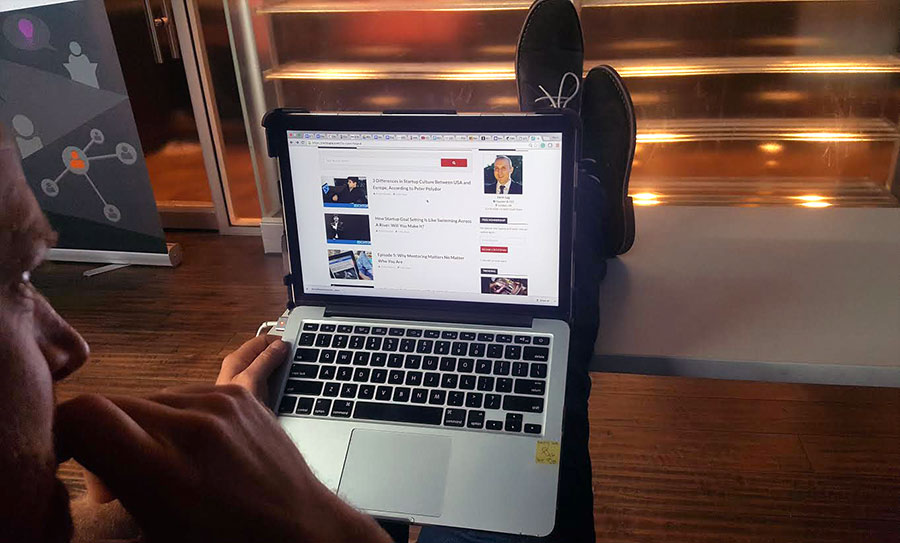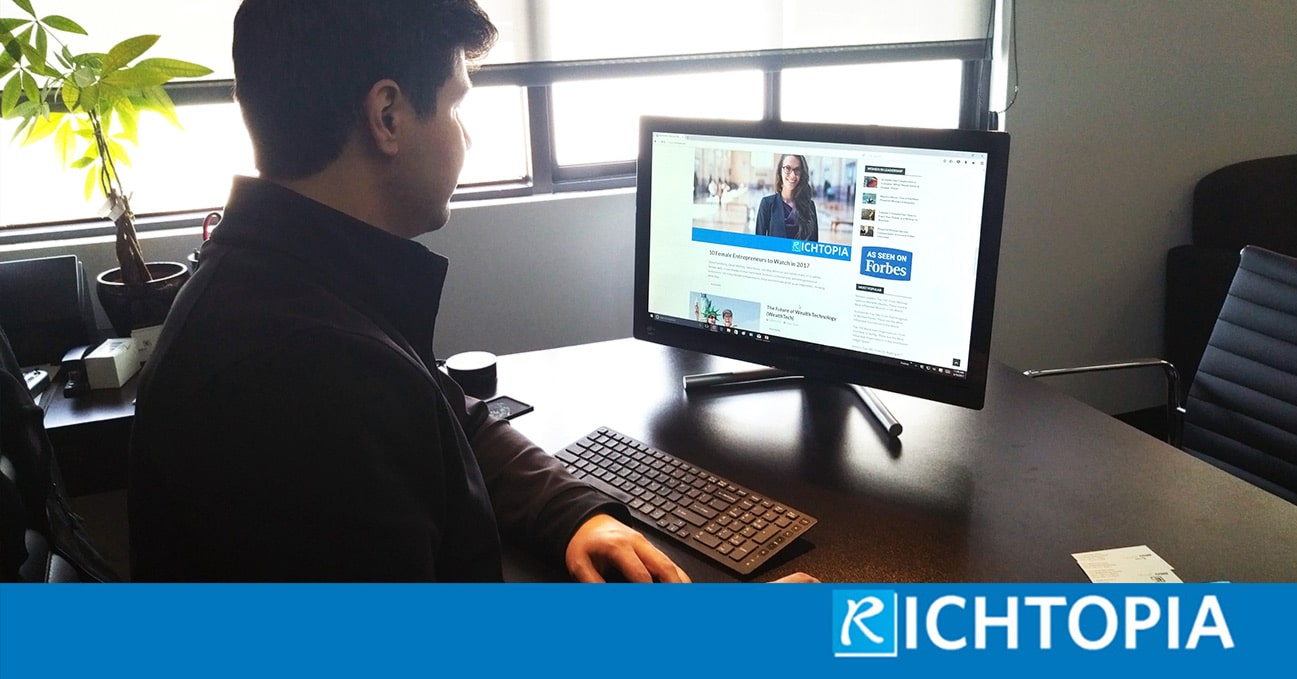The best advice comes from people who have actually been there and done that. For this reason, I often sit down with successful friends and ask them simple questions about their paths to achievement. We chat about our various problems, offer solutions and learn as much as possible — all of which has helped me continue to find my own success.
Peter Polydor is one of these friends, having accomplished more before the age of 30 than most people accomplish in their whole lives. I have made a habit of learning from him often, sometimes over drinks at Bosscat in Newport Beach, or over a morning brew at his three-acre Eureka Building in Orange County, California. Having built multiple companies in eCommerce, web services, and venture capital, Peter has taken on yet another project. He calls it Ergo Accel, the newest accelerator in Orange County that is focuses on seed stage startups looking for mentorship and funding.
To start our chat, we discussed how Peter sets goals, what qualities he looks for in team leaders, and several elements that compose his daily routine to keep his hustle at full speed.
Let’s jump to our conversation about his newest adventure.
Ryan Foland: You’ve got this new accelerator and you’ve probably seen and heard more pitches than you would even wish upon your enemies. Can you tell me, without naming names, the top reasons why you red flag or do not consider people for your accelerator?
Peter Polydor: The number one red flag is when the CEO or founder has an ego bigger than the size of the room he’s pitching in. The whole purpose of an accelerator is to surround the company with support, knowledge, networks, and capital. It is a safe place to play, build and connect to all the right sources of information and people that are needed, right? So for instance, when a company puts things together for their first round and are preparing to pitch to a bunch of investors, I would say, ‘You guys have to meet with Ryan, the pitch king.’
Ryan Foland: Ryan, as in me Ryan?
Peter Polydor: Yes. I have seen you take, literally, five minutes to improve someone’s pitch by sixty times. There are so many people who say, ‘I can help you do this,’ and then there are the people who can actually help them do this — you are one of the people I know who actually help. Startups need help, and if an entrepreneur clearly has an inflated ego, they are not a good match for Ergo Accel. I look for people who listen to others and value feedback.

Ryan Foland: Awww thanks, Peter. Ok, no ego. What else?
Peter Polydor: If you’re a company that’s burning hundreds of thousands of dollars a month, an accelerator is not gonna be a good fit for you. We look for lean startups that are looking to go from zero to a hundred, as fast as possible. If I get a sense that the team of founders is driven by their salaries, rather than a long term equity play, they will not pass ‘GO’ and collect $200 dollars. Nor will they make it into Ergo Accel.
Ryan Foland: That makes sense. What else?
Peter Polydor: They have to be inquisitive, meaning they can’t be afraid to ask questions. I do not want entrepreneurs who make a decision, and then ask for advice after (rather than before.) It is much easier to avoid problems than fix them, and being inquisitive is the best way to avoid those pitfalls.
Ryan Foland: I know you’ve looked through hundreds of applications since the launch of Ergo Accel. In your due diligence process, what are you looking for to eliminate applications?
Peter Polydor: MEAT.
Ryan Foland: Huh?
Peter Polydor: It’s an acronym. The ‘M’ stands for market. How big is this market? What is the total available size of it? I’m not talking ‘Oh I think this is a little piece for cars, therefore the entire market for me is every car in this world.’ I’m talking about, ‘I am making this little piece for Prius cars, which means my market is a certain percent of the total Prius car market, and this is how we’re gonna attack it.’ I believe that understanding your market is very important. If the application speaks in general terms about the market, that is a big red flag.
The next one is ‘E’, for executive. Who are the people building this company? Have they done it before? Have they known each other for a while and again, are they coachable or egotistical?
The ‘A’ is for acceptance. Is the public ready to accept the product or service? Who said they want this technology and who’s willing to try this technology? If you’re telling me your company builds a FinTech platform for banks and the tool helps banking clients, then my next question is going to be, ‘Which banks have told you they want to use it? Which banks told you that they have the specific problem you are solving? Which banks have signed up for your beta?’ These are all important things to consider. At the launch phase, we need to know which banks are ready and willing to accept what you have to offer.
Ryan Foland: Right.
Peter Polydor: The ‘T’ is for technology. With technology, I want to know if it is a ‘nice-to-have’ kind of widget? Or is it a ‘must-have’? For instance, is this technology that doesn’t already exist, meaning there are no competitors who are doing things this way? Or is it technology that other people in the market are doing ninety percent of, and you’re hoping that the ten percent increase will help you capture a slice of the market. If you are increasing an existing technology by less than fifty percent, to me, that is a red flag and I am not interested.
The other piece is intellectual property, depending on the industry. Do you have any patent portfolios or any kind of protection that no one else can use? If the technology is not protected, that is also a red-flag.
Also be sure to read The 10 Biggest Lessons I’ve Learned As a Start-Up Entrepreneur





